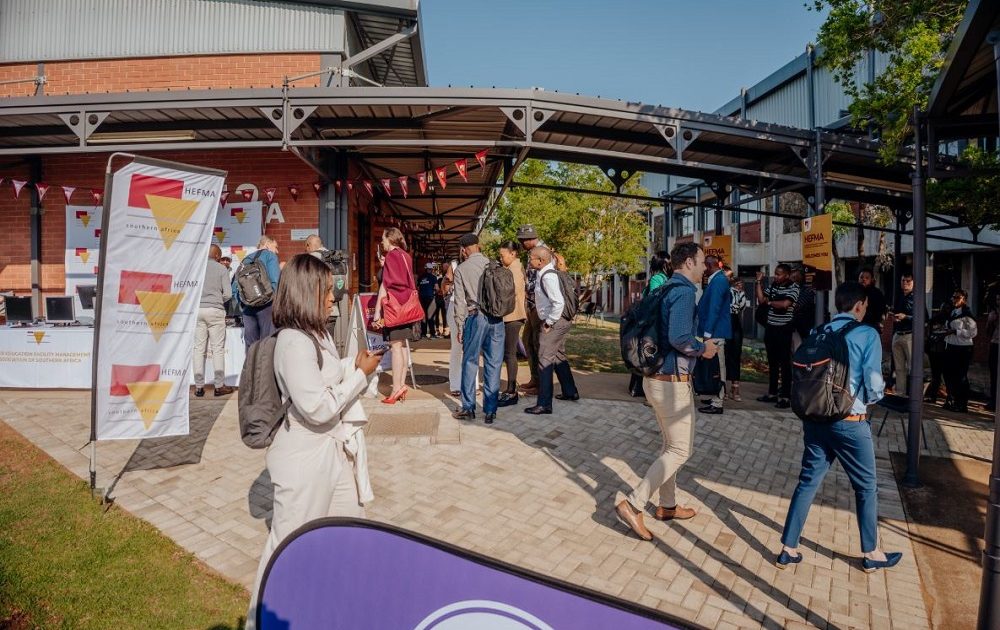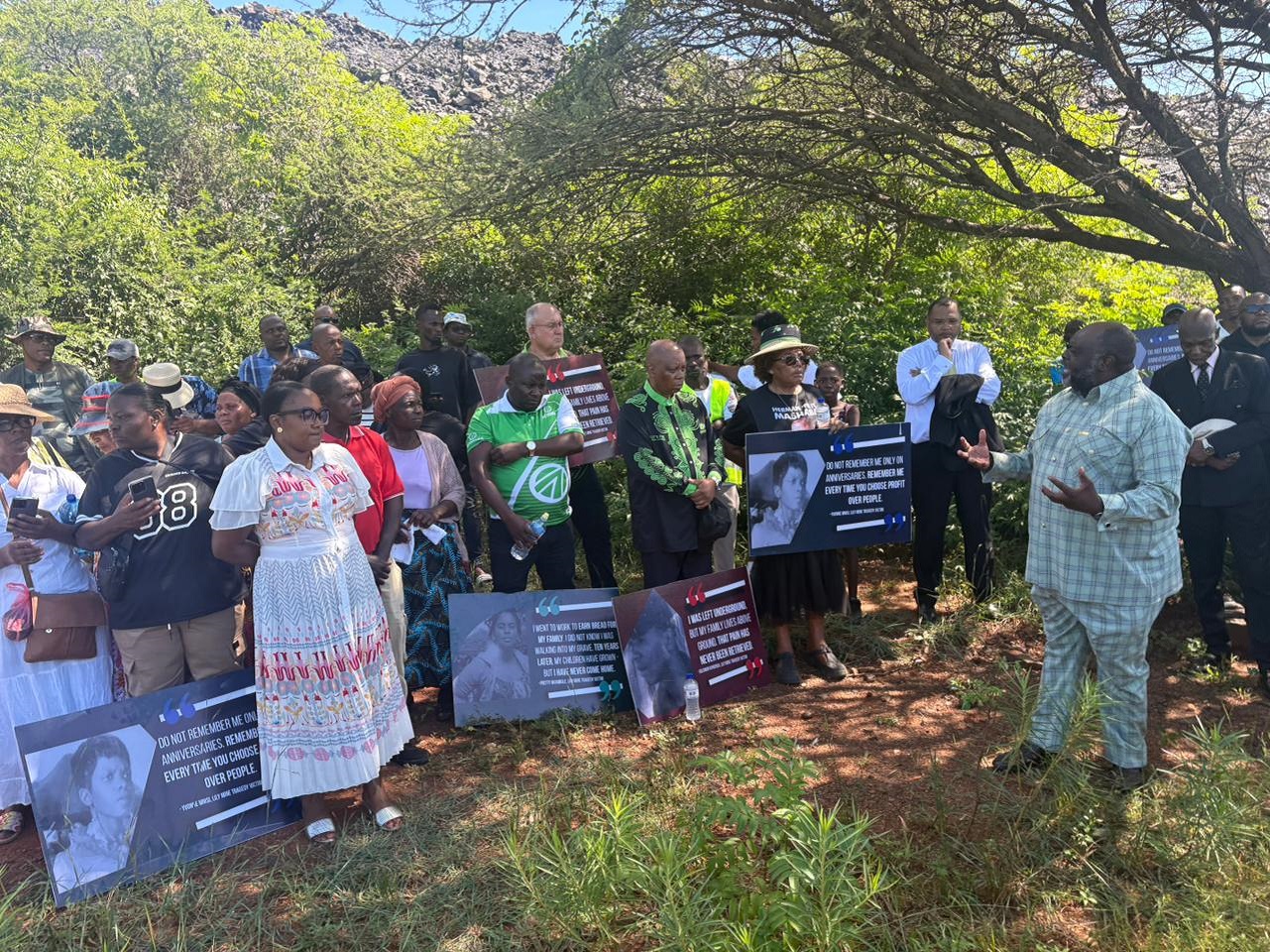-
Delegates attending the Higher Education Facilities Management Association (HEFMA) Conference at the North-West University’s (NWU) main campus in Potchefstroom.
Higher Education Facilities Management Association (HEFMA) Executive Committee Member Lindokuhle Mzolo says protests at tertiary institutions impact negatively on facilities management.
HEFMA concluded a four-day conference at the North-West University in Potchefstroom. The gathering brought together facilities management professionals, higher education leaders, industry partners and researchers to engage on best practices within facilities management in the higher education sector.
Recently, violent protests by students at the University of the Free State (UFS) and Fort Hare University (FHU) caused severe damage to property.
Speaking to SABC News, Mzolo says they are damaging the same property they need currently to continue furthering their studies and exploring the livelihood within the campus environment.
He says, “If you look at how these protests have manifested themselves, there is a breakdown of infrastructure, there is a breakdown of institutional property… Remember that these institutions are not just about teaching and learning in terms of the book, but they are living labs in terms of teaching people about life, the society out there and how to conduct yourself, and contribute meaningfully in society in general.”
Mzolo says the damage to infrastructure is impacting the institutions adversely because it will now cost them fortunes of money to repair before the actual issues that they are raising are addressed.
“So you can say the cost is actually a multiplying, if you look at it from the monetary cost that is being accrued as a result of this protest, whereas if they had raised these issues in a more mature manner, had a dialogue with management, discussed it, understood what is feasible to happen now and what is not,” he adds.
RELATED VIDEO| UFS gives students 24 hours to vacate premises:
NSFAS
Mzolo says the issues are mainly about the National Student Financial Aid Scheme (NSFAS). “Remember that NSFAS is not necessarily administered at a university or a college level; it has a national office and there is policy around that environment. So it is not the fault of the institutions. I think that the protest should be directed at the national office of NSFAS, but even if that were the case, I would say it must be done in an orderly manner, not in a manner that breaks down infrastructure. Maybe they can march, it’s fine, they can raise their issues, it’s allowed within the ambit of our constitution. To protest by breaking down infrastructure actually borders on criminality and it accrues significant monies in terms of cost, which would now cost these universities.”
Mzolo says the challenges facing the facilities management are aged infrastructure and inadequate financial resources.
“Issues of bulk services, water, electricity, I mean, you’d realise that in Gauteng there are issues of water outages for days, at times weeks and so on. I would say those are the main challenges because these small cities or small towns called universities exist within the context of the cities, now in the form of municipalities the metros and so on, and the state of infrastructure management and special planning from the local government or from the provincial government and national government would have an impact on the institutions of higher learning and I would say those are the challenges and in many regions.”
The conference agreed that there is a need to professionalise and regulate facilities management within the built environment ecosystems, and a steering committee will be established, which will take the road map forward.











